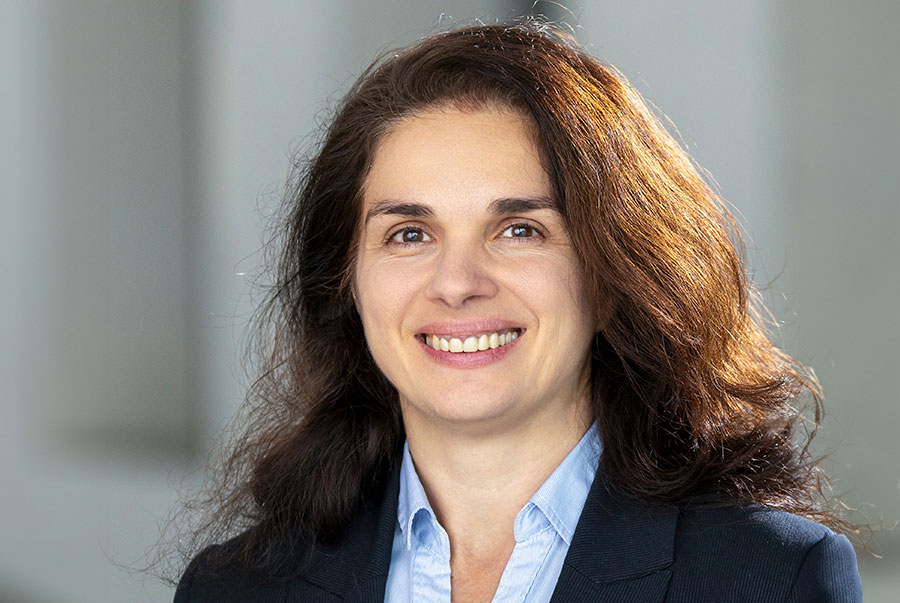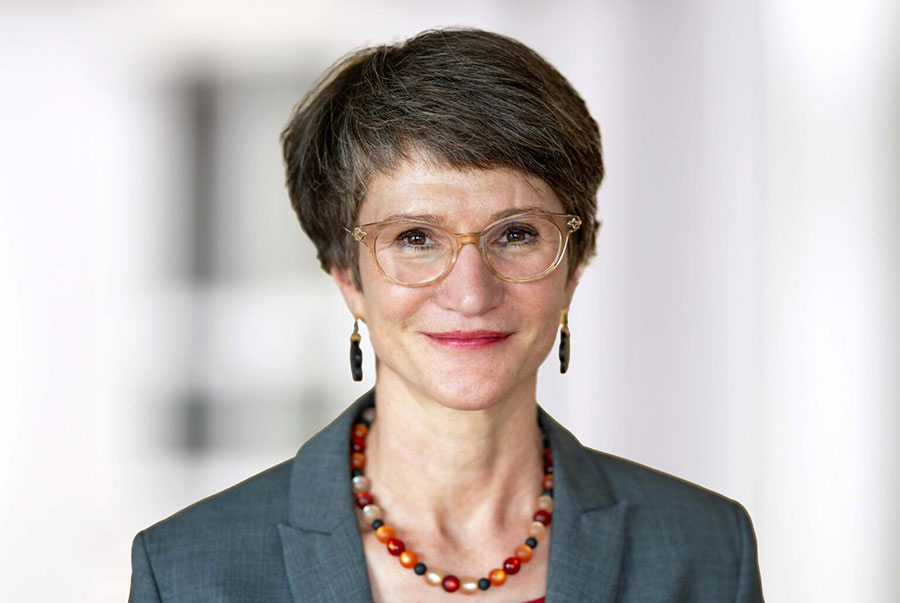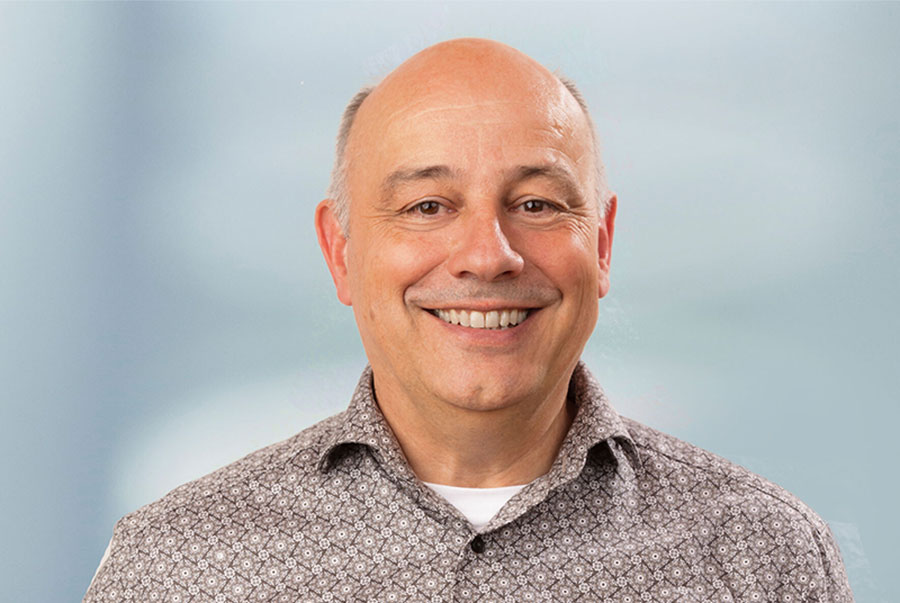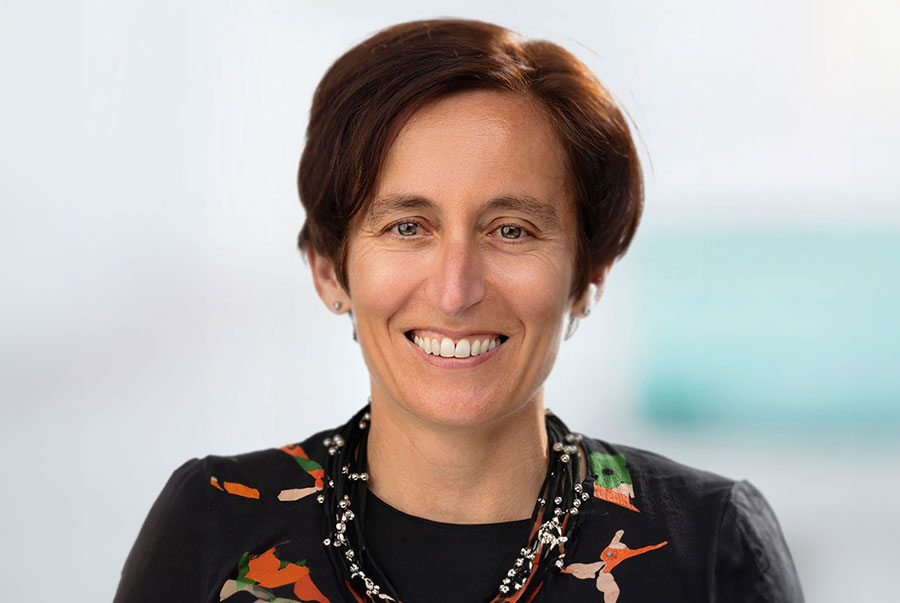Seed Money: Eucor funds four cross-border research projects at the University of Freiburg
Freiburg, 06/02/2025
The trinational university alliance Eucor – The European Campus is once again providing its Seed Money funding for cross-border projects. A total of eight projects from the two funding streams, “Teaching”, and “Research, Innovation and Transfer”, have been approved, and four of them are led by Freiburg scientists.

The materials scientist Prof. Dr. Oana Cojocaru-Mirédin from the University of Freiburg is launching the “QuBAT” project in February. Together with a colleague from Strasbourg, she will study the ageing process in batteries using a special microscopy technique. As batteries are charged and discharged, some of the materials they incorporate expand in volume, causing long-term damage to the batteries. Results of the research could help to develop more robust batteries.
From March, Dr. Katja Brundiers from the Transformational Sustainability Science research group at the University of Freiburg will be heading the project “Assessing the Potential for Offering a Solutions-oriented Sustainability programme in Eucor”. The project involves professors, students and central administration as part of a trinational consortium combining the universities of Basel and Strasbourg and the Karlsruhe Institute of Technology, alongside partners from industry and others from the three regions.

Dr. Katja Brundiers, Transformational Sustainability Science research group at the University of Freiburg. Photo: Dr. Volker Nehring

Prof. Dr. Andreas Mehler, political scientist and director of the Africa Centre for Transregional Research at the University of Freiburg (ACT). Photo: Jürgen Gocke
The project “Human Remains in University Collections – Comparison and Entanglements” will also be starting in March. The political scientist and director of the Africa Centre for Transregional Research at the University of Freiburg (ACT), Prof. Dr. Andreas Mehler, together with colleagues from the universities of Basel and Strasbourg, is forming a research group that will investigate how to treat ethically and otherwise sensitive collections of human remains. These collections have global and of course also colonial origins and confront the universities internationally with similar challenges in reassessing and restructuring them.
Prof. Dr. Laura Ragni, biologist and researcher at the University of Freiburg’s Cluster of Excellence CIBSS – Centre for Integrative Biological Signalling Studies, will begin a binational project with a colleague from Strasbourg in April. Using what are known as hydrophobic biopolymers, plants can make their cell walls impermeable and rigid, thereby protecting themselves from issues such as heat or drought. The research team will study how these mechanisms are regulated at a molecular level.

Prof. Dr. Laura Ragni, biologist and researcher at the University of Freiburg’s Cluster of Excellence CIBSS – Centre for Integrative Biological Signalling Studies. Photo: CIBSS
As part of the Eucor – The European Campus alliance, the University of Freiburg works closely with its partner universities in the trinational Upper Rhine region. The Seed Money scheme aims to provide initial financial support for innovative cross-border projects, working “bottom-up” with the scientists. These new projects are the eighth time that Seed Money has been granted.
Further information
- QuBAT
- Assessing the Potential for Offering a Solutions-Oriented Sustainability Program in Eucor
- Deciphering Molecular Determinants of Plant Resilience and Biomass Production
- Human Remains in University Collections – Comparison and Entanglements
- Seed Money von Eucor